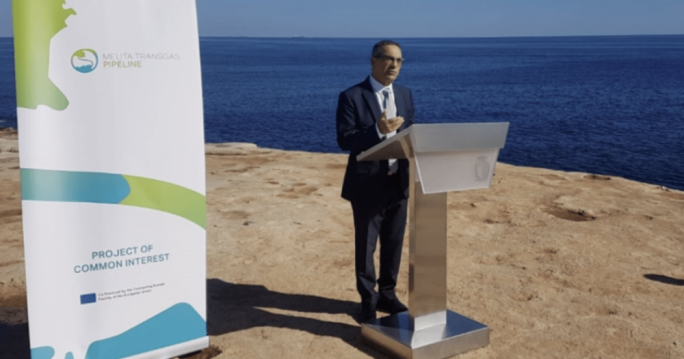
Editorial | Supporting the economy and families
On a more micro level, supporting the more vulnerable in society should also be a priority so as to avoid the risk of social upheaval

Stagflation is a term the International Monetary Fund tried to avoid in its World Economic Outlook released this week.
Stagflation is defined by a prolonged period of low economic expansion and rapidly rising prices.
But despite cutting its global economic growth forecast and predicting higher inflation, the IMF held back from raising the spectre of 1970s-style stagflation.
The fund has forecast global economic growth this year at 3.6%, down 0.8 points since the fund’s January forecast. It said the global economy will suffer a hit to growth and higher inflation as a result of Russia’s invasion of Ukraine.
Not all countries will be affected in the same way, with the IMF saying that countries closest to the war will be the hardest hit. But risks will intensify everywhere.
But the IMF’s caution not to use the word stagflation is not shared by everyone. Some analysts predict a higher risk of stagflation in the face of rapid price hikes and global economic slowdown.
Stagflation is a nightmarish prospect because monetary policy adjustments to curb inflation run counter to what is currently needed to stimulate economic recovery.
Price hikes across the board are eroding the spending power of families and this will in turn lead to demands on companies for higher compensation.
Malta is not immune to this. Supply chain disruptions and higher costs for raw materials have seen prices increase across the board.
However, Maltese families and businesses have been spared the onslaught of rising energy and fuel prices with government stepping in to cushion the impact.
Finance Minister Clyde Caruana has gone on record saying that government will do and spend “whatever it takes” to cushion the impact of higher energy costs so as not to jeopardise the post-pandemic recovery. Government’s policy remains unchanged in this regard.
Electricity prices have remained stable despite the expiry of the gas hedging agreement with Electrogas and pump prices for fuel have not changed. Household LPG gas has also maintained the same price.
But the rising cost of food is increasingly becoming a worrying factor. Caruana has earmarked €6 million for grain importers to keep prices of this staple commodity in check, at least for the time being.
Even so, government cannot be expected to cushion all price increases. The current subsidies are costing public coffers dearly and contributing to higher debt.
This leader believes the government policy to insulate the domestic energy market from the rest of the world when it comes to price hikes, is necessary not to put at risk the fragile recovery.
Malta’s debt-to-GDP ratio still has a lot of leeway to accommodate higher spending needs. But this cannot be an infinite prospect.
The biggest problem in this strategy is the inability to predict when the war in Ukraine will end and how long it will take for markets to regain some form of equilibrium.
Within this context, government must make extra judicious use of discretionary spending to mitigate the higher spend on subsidies to protect the economy.
Furthermore, the diversification of Malta’s energy generation should be a priority in the years ahead.
On a more micro level, supporting the more vulnerable in society should also be a priority so as to avoid the risk of social upheaval.



